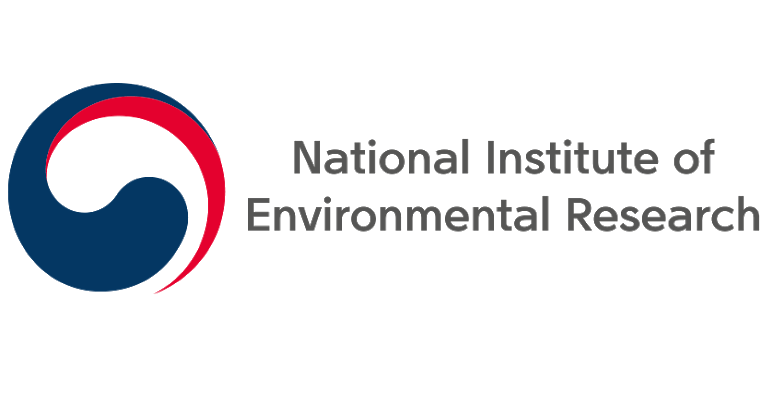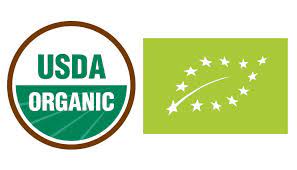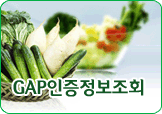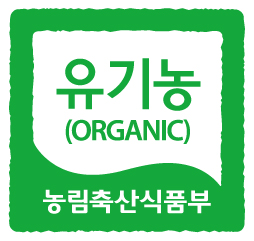Additionally the logo can optionally be used by:
- imported products where the product conforms to the EU rules on the import of organic goods;
- non pre-packaged organic products;
- EU organic products placed on third country markets;
- as part of information campaigns intended to educate the public about the organics scheme (as long as it is not misleading or used to imply that a non-organic product fulfils the requirements of an organic product).
The logo cannot be used for:
- products containing less than 95% organic ingredients;
- mass catering operations such as restaurants or hospitals;
- products not in the scope of organic rules such as cosmetics or products from hunting and fishing;
- products in ‘conversion’ (where organic methods have only just been introduced and there may still be non-organic substances in the soil or animal chain).
Displaying the logo
The logo must be displayed according to strict rules
- The logo must not be smaller than 13,5 mm by 9 mm. In the case of very small packaging where this is not possible, 9mm by 6mm is permitted.
- The logo must be displayed in the standard green and white colour scheme, the only change permitted is when a one colour printer is used.
- It cannot be stylised (for example by making the background transparent or adding 3D effects).
Further information on how the organic logo must be displayed is included in the user manual on the organic logo.













